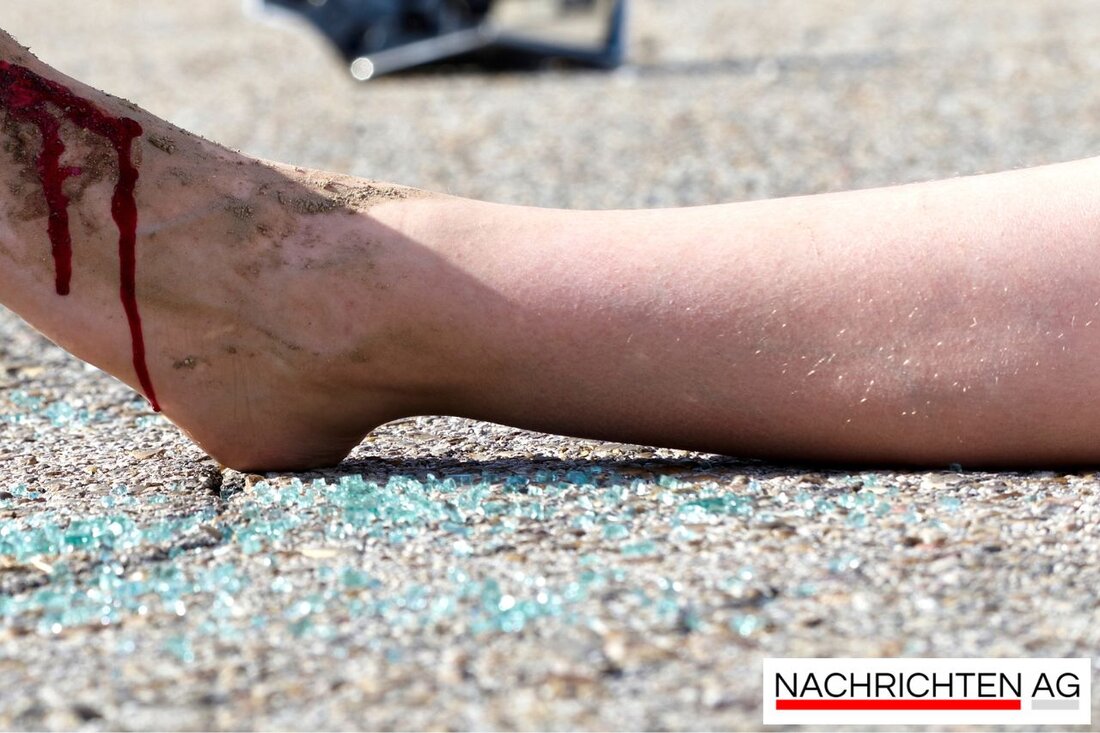Pender from Puchenau: A month without a car - that's how it works!

Pender from Puchenau: A month without a car - that's how it works!
Linz, Österreich - In Puchenau, Clemens Gahleitner made an exciting self -experiment: he lived car -free for a month. From April to May, the 50-year-old father of three children found what it feels like without getting by in everyday life. His experiment could be described as a commuter challenge, which gave interesting insights into car-free life, as [https://www.tips.at/nachrichten/urfahr-wanden/686646-pendler-challenge-puchenau-inen-monat-ganz-auto- Unterweg) reported.
Gahleitner, who works as a loan clerk at Sparkasse Upper Austria, had to make some changes for his new routine. He found that he had to get up earlier to get his job in Linz on time. For the Challenge he attributed a bike diary and covered a total of 425 kilometers by bike, undertook seven trips on the tram and collected countless steps on foot.
everyday pendulum without car
Gahleitner has been using the bike for his way to work every day since 2008, but he often falls back on public transport when evening events are due. As a committed cyclist, he has covered around 6,500 kilometers with his job bike in recent years. With a travel time of 20 minutes, he was faster on the finish line than by car, which was mixed with parking time and traffic jams, took about 30 minutes.
One of the greatest challenges during his self -experiment was the organization of spontaneous appointments and purchases. The transports of his children to their hobbies in particular became a mammoth task, which his wife largely took over. Despite these challenges, Gahleitner found the time for bike tours to the Mühlviertel and was talking that cycling on short distances is more time and cost-efficient. In his conclusion, he indicated that he could possibly switch to a cargo bike in order to be able to transport purchases better.
Life without a car in rural areas
Essactions like Gahleitner also have others who try car -free life. An author who lived in rural areas for nine months without a car reported that it was possible, but is associated with effort, especially in a region in which the infrastructure is often not designed for cyclists or users of public transport. Some places only have limited connections, which makes commuting more difficult, as [utopia] (https://utopia.de/ratberger/autofrei-land-s- fazit experience_450736/)
During a family from Kempten who has been without their car for a year and a half, the daily bicycle trips brought a breath of fresh air and movement, but there were still restrictions on leisure activities. For example, climbing for the daughter Julia was often a challenge because the paths by bike are simply too far. Even if the family has savings of around 3,000 euros per year, the disposal of the car seems to be more difficult than expected in certain situations, especially when emergencies or longer distances are pending (https://www.br.de/nachrichten/wirtschafts/wirtschaft/autofrei-der-s--familie-auf-dem-land.
Gahleitner's experiment has delivered exciting conversation material and shows that car -free life can not only be possible, but also make sense. It remains to be hoped that more and more people try alternative transport and thus reduce their personal ecological footprint, even if the challenges are not to be underestimated.
| Details | |
|---|---|
| Ort | Linz, Österreich |
| Quellen | |
